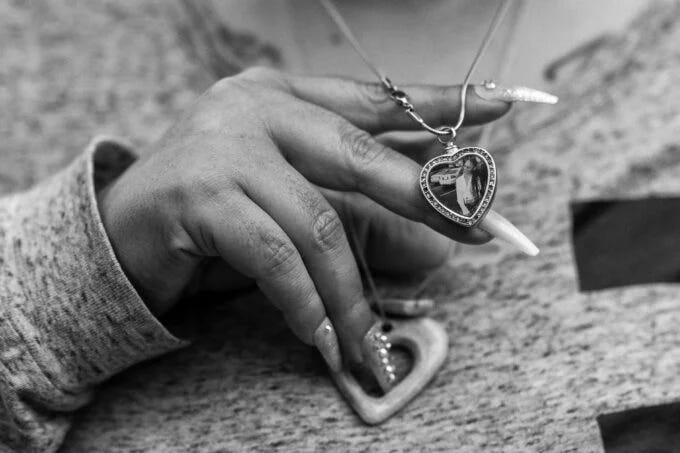GVPanorama: When Pregnancy Makes You a Target
Pregnant people are more likely to die by homicide than any obstetric-related cause — particularly if they are young or Black
While on the search for recent gun violence prevention news for our weekly "Friday Finds” feature, we often come across editorials, personal stories, or wider-lens articles that don’t necessarily fit into a “current events” window. With GVPanorama we highlight some of these thought-provoking pieces.
Despite recent victories like the passing of Karina’s Bill in Illinois this week and even a surprise Supreme Court decision last June, the attempts to keep guns out of the hands of violent intimate partners has been an increasingly hard struggle in the face of the gun lobby’s incessant belief that any kind of gun legislation is an afront to the Second Amendment.
Combined with the fallout from the Dobbs decision, America is experiencing elevated levels of maternal death that are shamefully outpacing other industrialized nations for the first time in decades.
The prioritization of the supposed unfettered rights of gun owners — even if they are known domestic abusers — over the abused spouse can lead to horrific consequences. This recent article from The Trace shows in detail “the startling reality of pregnancy-related and postpartum killings by firearm.”
Via the stories of three women, this piece explains how within the gun debate, women — and particularly Black women — are the majority of victims, yet not often of major focus in this deadly debate. The exposing of legal loopholes, startling statistics, and survivor stories create one of the best outlines of this terrible problem that we’ve seen.
For decades, researchers, epidemiologists, domestic violence advocates, and media reports have been sounding the alarm on a longstanding American reality: Pregnant women and birthing people are more likely to die by homicide than any other obstetric-related cause. At the center of the crisis is the firearm — used in a majority of these killings, most often at the hands of intimate partners.
Check out the full article here.
If you need help, check out the National Domestic Violence Hotline website or call (800) 799-7233.
Photo by Asher Imtiaz for The Trace.





